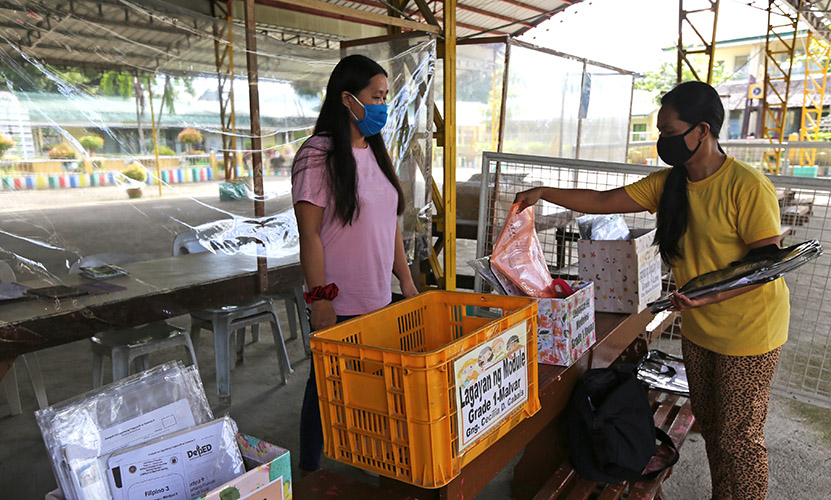Senator Win Gatchalian has filed a resolution seeking an inquiry on the preparedness of the basic education sector for school year (SY) 2021-2022. Senate Resolution No. 739 aims to assess if basic education institutions can deliver quality education for the next school year, whether through face-to-face classes, distance learning, or other alternative delivery modes.

In the said resolution, Gatchalian pressed the need for an immediate assessment of the effectiveness and challenges that hounded distance learning for SY 2020-2021. These challenges include lack of gadgets, electricity, internet connection, appropriate learning space and issues on the quality of modules. The lack of physical interaction, too much screen time, and pressures leading to depression were likewise identified as challenges. It can also be recalled that some learners engaged in “sagot-for-sale” scheme and “online sex sale” just to help them finance distance learning.
“Matapos ang isang taon ng distance learning kung saan marami tayong hinarap na mga hamon, mahalaga at napapanahong matiyak natin kung paano natin magagamit ang ating mga natutunan upang matiyak na sa susunod na school year ay magiging mas epektibo ang paghahatid natin ng edukasyon sa mga kabataan,” said the Chairman of the Senate Committee on Basic Education, Arts and Culture.
According to a Pulse Asia survey commissioned by Gatchalian, only 46 percent of Filipinos with a child in basic education say that their child is learning, 30 percent cannot say whether their child is learning or not, and 25 percent say that their child is not learning.
The same poll revealed that the top concerns raised by parents, guardians, and learners nationwide are difficulty in answering modules (53 percent), intermittent internet connection (43 percent), difficulty in focusing or laziness to listen (42 percent), and lack of gadgets for online learning (36 percent).
Gatchalian also seeks to assess the readiness of schools when face-to-face classes resume, noting that the yearlong school closure has a devastating effect on children. In a Senate panel hearing held earlier this year, the Philippine Pediatric Society (PPS) also flagged that school closures expose learners to increased risk of violence, abuse, and early pregnancies.


